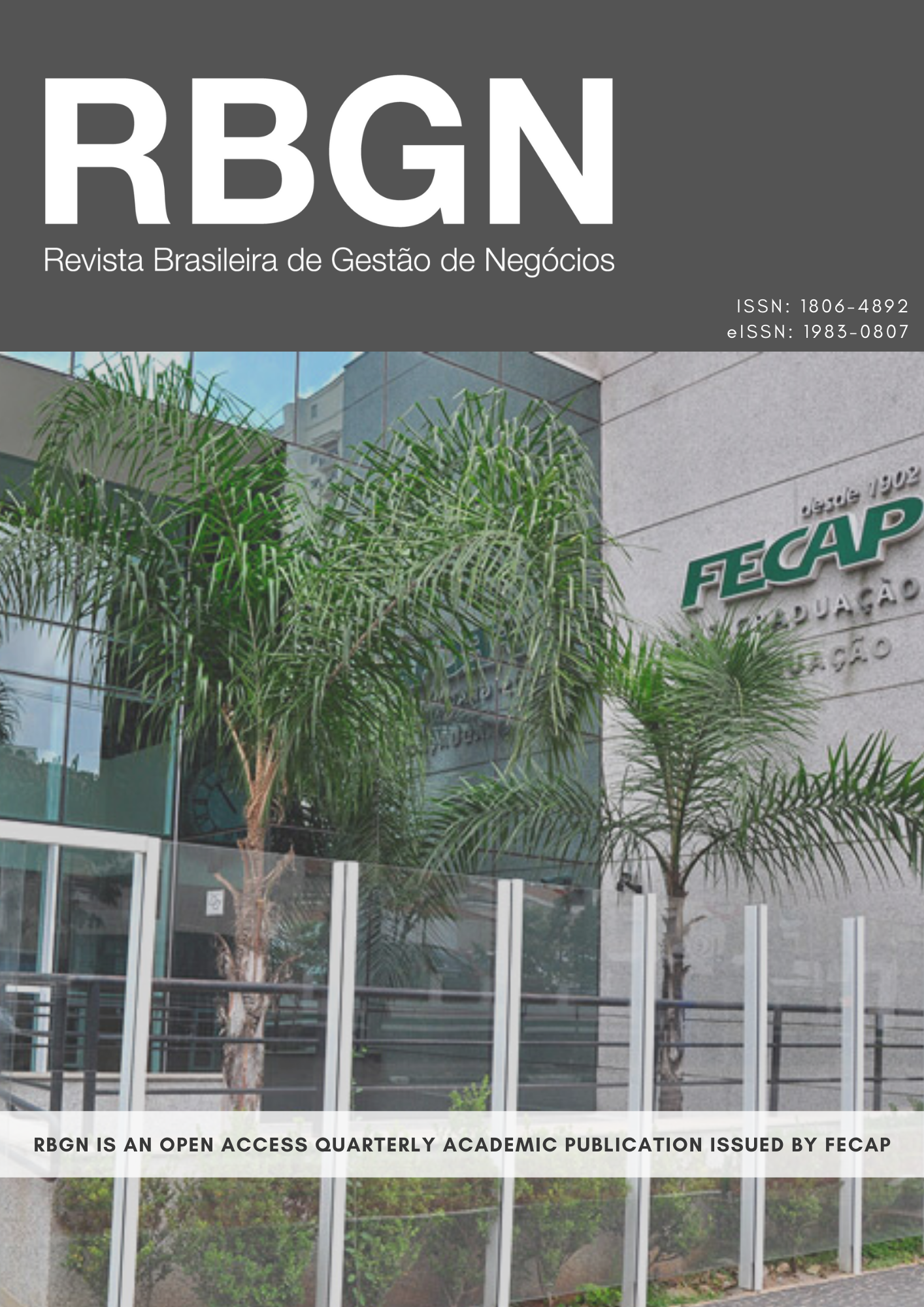Abstract
Purpose – This paper suggests that the human element is key when it comes to investors’ trust in financial markets. Ignoring it may jeopardise the effectiveness of the recent regulatory growth. The study takes a demand-based perspective, assuming the relationship between financial advisors and investors is based upon trust, and it analyses the conditions that may lead to the existence (or not) of trust.
Design/methodology/approach – Using a fuzzy-set qualitative comparative analysis (fsQCA) of data collected from 366 questionnaires, we are able to test, in a qualitative non-parametric way, the conditional arguments that may lead investors to trust (or not) their financial advisor.
Findings – The results show that trust conditions differ, depending on the degree of investors’ participation in financial markets. The way investors with a basic relationship with financial markets perceive the behaviour of their financial advisors is key in establishing (or not) their trust. For investors with a more advanced relationship with the market, trust (or its absence) also depends on investors’ characteristics. In particular, their financial literacy plays a more-than-negligible role. The joint analysis of the conditions leading to trust and its absence highlights the robustness of our findings.
Originality/value – By understanding the conditions that establish trust, financial institutions can design strategies to strengthen the level of investors’ confidence in their services, improving the relationship between market players, and increasing business. From the supervisory authorities’ point of view, the approval of a code of conduct for financial advisors, taking into account our results, can help improve the overall trust in financial markets. To the best of our knowledge, this study is the first to apply Butler’s (1991) psychometric scale and the fsQCA methodology to study investors’ trust in financial advisors.
If a paper is approved for publication, its copyright has to be transferred by the author(s) to the Review of Business Management – RBGN.
Accordingly, authors are REQUIRED to send RBGN a duly completed and signed Copyright Transfer Form. Please refer to the following template: [Copyright Transfer]
The conditions set out by the Copyright Transfer Form state that the Review of Business Management – RBGN owns, free of charge and permanently, the copyright of the papers it publishes. Although the authors are required to sign the Copyright Transfer Form, RBGN allows authors to hold and use their own copyright without restrictions.
The texts published by RBGN are the sole responsibility of their authors.
The review has adopted the CC-BY Creative Commons Attribution 4.0 allowing redistribution and reuse of papers on condition that the authorship is properly credited.


